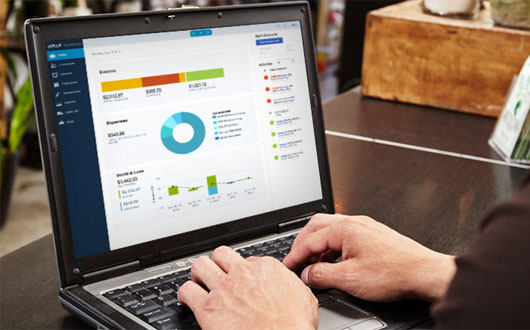All news » PAYE and payroll for employers
PAYE and payroll for employers

PAYE is the abbreviation from Pay As You Earn and it represents a system used by HMRC to collect the Tax and National Insurance. If you own a company and you have employees, you are required to deduct them from your employee’s gross income each month. (or each time they are paid). The tax and the employee’s National Insurance also must reach the HMRC by specific deadlines. Usually, you have to operate PAYE as a part of your payroll. In some cases, you might be exempt from payroll if none of your employees are paid with £111 or more weekly, if they get expenses and benefits, or if they have another job or they receive a pension. If this is the case, remember that you still have to keep the payroll records.
Payments and deductions
Each time you pay your employees, you have to make the deductions for PAYE – the tax and National Insurance. The Payments may include the salary, bonuses, as well as sick or maternity pay. You might need to make some other deductions, as student loan repayments or pension contributions.
Remember that you need to report to HMRC your employee’s payments and deductions if you run payroll yourself, but in most cases your payroll software will calculate the tax and National Insurance for you on each employee who earns more than £153 a week. If you need to claim any reductions on what you owe to HMRC like statutory pay, you will have to fill and send another report. Based on your reports, you will be able to see how much you owe to the HMRC and then pay them on a monthly basis. You have the option to pay quarterly if you are a small business and you have to pay less than £1,500 a month.
Also, it is your obligation as an employer to notify the HMRC each time a new employee joins your team and each time somebody leaves, as well as if an employee’s circumstances change.
Choosing a payroll provider
If you decide you need help with the payroll, you can always work with an accountant to help you run your payroll. If this is the case, it is always best to know exactly how much support do you need, so that an accountant can help you run payroll.
You can collect and keep the detailed records for your employers, and then send this data to your payroll provider to help him run the payroll for you, but you can also get more help from your accountant with matters such as keeping employee records, providing payslips and making payments to HMRC. Still, remember that as an employer, you are the only one responsible for completing the PAYE tasks, even if you work with an accountant that runs your payroll.
Get in touch to find out how we can help you
Tagged in: PAYE Payments and deductions payroll for employers payroll provider
